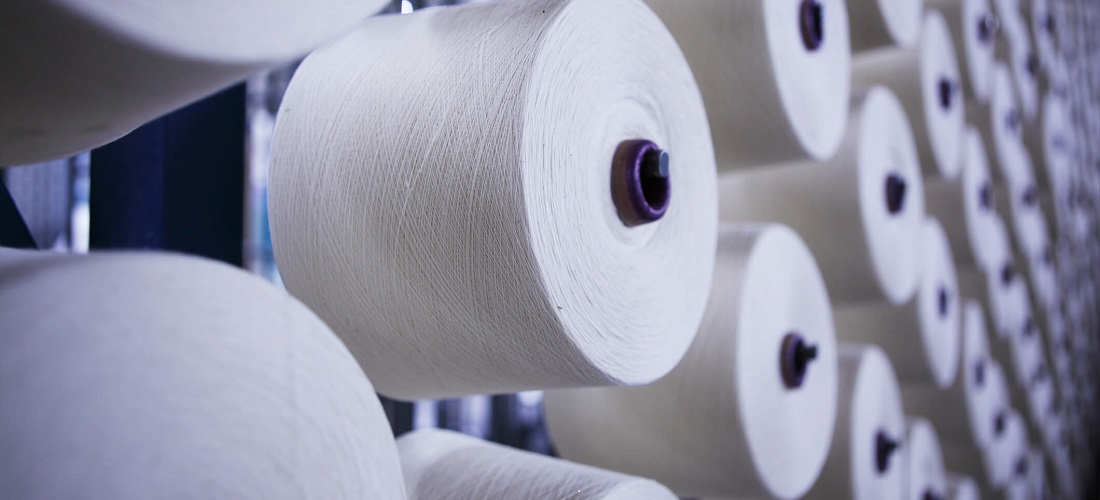
Textile yarn importers, producers quarrel amid trade rules controversy
Jul, 05, 2022 Posted by Gabriel MalheirosWeek 202227
Producers of textured polyester yarns in Brazil and importers are fighting each other amid the trade defense investigation opened last year by the Ministry of Economy’s Undersecretariat of Commercial Defense (SDCOM) on imports from China and India used as raw material for clothes.
Currently in the stage of assessing public interest relevance, the process should come to an end in August, putting companies like Companhia Integrada Têxtil de Pernambuco (Citepe), Unifi do Brasil, Dini Têxtil, and Antex – gathered in the Brazilian Association of Producers of Artificial and Synthetic Fibers (Abrafas) – in opposition to yarn importers, fabric suppliers, and associations that together create more than 40,000 jobs. The latter group received support from major sportswear brands, including Nike, Adidas, and Puma.
SDCOM had initially found dumping margins of 40% over Indian yarn and 42.5% for its Chinese counterpart, obtained from purified terephthalic acid (PTA) and monoethylene glycol (MEG).
An opinion attached to the process by the Brazilian Association of Textile Raw Materials (Abratex) indicates that the increase in import tariffs, in a conservative scenario, could result in an inflationary shock of 18.7% in clothing items, increasing by 0.8 percentage point the average consumer price index in 12 months.
Drafted by consultancy GPM Consultoria Econômica, under the leadership of professor Sergio Goldbaum, the study indicates that the adoption of antidumping measures would stimulate the importation of finished products and increase the domestic production of textured yarns by only 9%, in view of 19% higher prices paid by final consumers. “There will be no gain from antidumping,” defends lawyer Fernanda Manzano Sayeg from the firm ASRM Advogados, representing Abratex and several importers in the investigation.
According to the director of yarn imports at the distributor Rocabella Têxtil, Fernando Menezes, the national production of textured polyester yarns, whose price is traditionally higher because it uses imported raw materials, can meet around 25% of the Brazilian demand. In addition, the executive notes that not every type of textured yarn is produced locally. “By surtaxing all kinds of polyester yarns, there is a risk of shortages because imports will be discouraged,” he says.
Abrafas also attached an opinion to the process, designed by consultancy Tendências Consultoria, which goes in the opposite direction. According to the study, adopting antidumping tariffs will stimulate new investments in the country, expanding the supply of Brazilian demand for national products, says the entity’s executive director, José Eduardo Cintra de Oliveira. “In our opinion, applying the measure is advantageous for the value chain and consumers,” he says.
According to the executive, SDCOM updated dumping margins to 5% for Chinese and 8% for Indian yarn. “Because of unfair trading conduct, the cost rise is warranted. Still, local producers do not wish that,” he says.
Source: Valor Econômico
To read the full original article, please go to: https://valor.globo.com/empresas/noticia/2022/07/05/produtor-e-importador-de-fios-texteis-travam-queda-de-braco.ghtml
-
Ports and Terminals
Mar, 09, 2023
0
TCU audit court postpones vote on Port of Santos privatization
-
Shipping
Mar, 08, 2023
0
IMO to debate threats posed by increasing ship-to-ship transfers
-
Ports and Terminals
Oct, 09, 2023
0
Impressive 70.96% Surge in Operations at Cabedelo Port in Brazil
-
Grains
Jul, 01, 2022
0
Argentine wheat crop most delayed in a decade amid drought, exchange says


